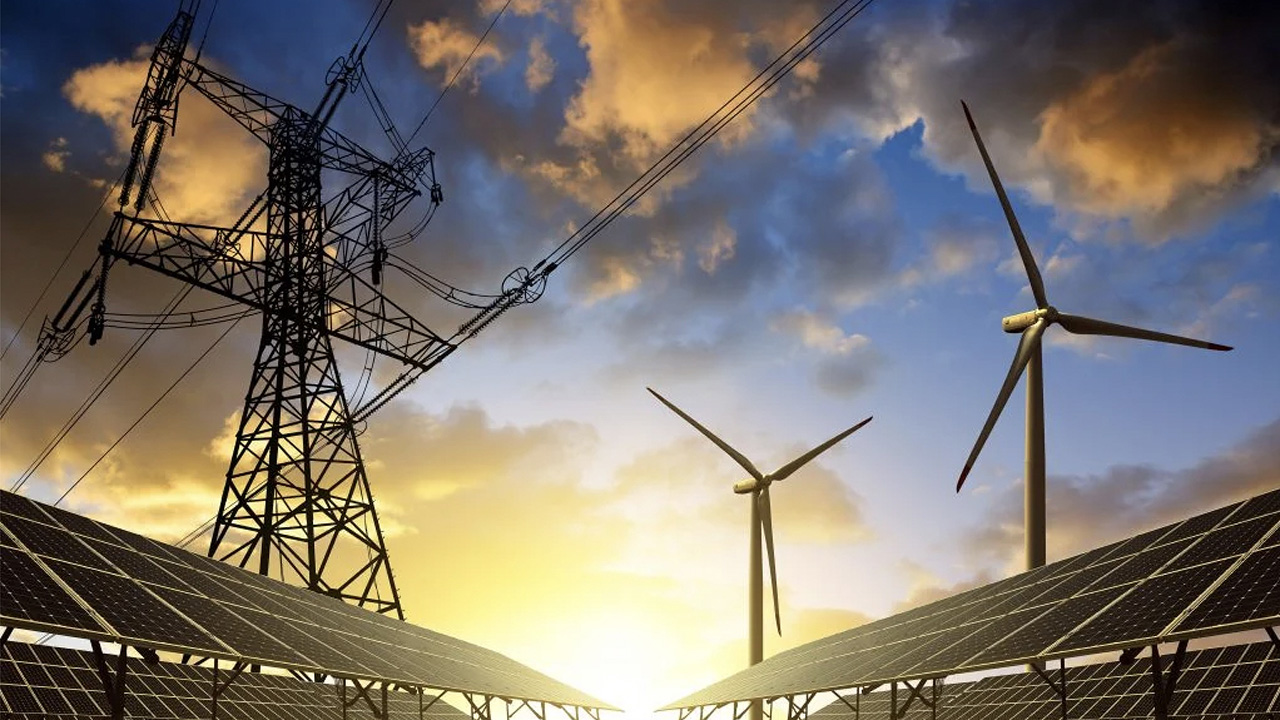
Stakeholders in the Nigerian energy sector have said the country will need to address inherent challenges if the current projections of the energy transition are achieved.
Coming days after the United Nations 28th Conference of Parties, the stakeholders noted that as laudable as the country’s Energy Transition Plan (ETP) is, bringing it to reality may remain a mirage.
Energy specialist, Olubunmi Bashiru said while the ETP provides a guide to Nigeria’s shift to cleaner energy, notable hurdles persist. Bashiru said the plan needs finances, with substantial investments needed in renewable energy, infrastructure, and social support initiatives.
She said there’s the challenge of navigating political and vested interests, particularly from influential figures in the oil and gas sector who might oppose the transition. Another obstacle involves building the essential skills and expertise required for a lasting and sustainable energy future.
Bashiru emphasised that amid the challenges, Nigeria stands to gain by moving away from fossil fuels, adding that the opportunities encompass fostering economic growth through the creation of new jobs and the stimulation of economic diversification with the adoption of renewable energy.
To her, transitioning from imported fossil fuels can enhance energy security, even as Nigeria has the potential to take a leadership role in addressing climate change, contributing to a sustainable future for the entire continent.
“Nigeria’s path to a cleaner energy future will require careful planning, international cooperation, and unwavering commitment. The success of the ETP will depend on strong political leadership, International support and Public awareness and engagement,
“Oil and gas account for roughly 90 per cent of the country’s export earnings and 80 per cent of government revenue. This dependence fuels the economy, but it also comes at a significant environmental cost,” she said Bashiru underscored that Nigeria’s energy transition serves as a microcosm of the broader global challenge of moving away from fossil fuels.
“By navigating this complex dilemma, Nigeria can pave the way for a more sustainable and equitable future for its people and contribute significantly to global efforts to address climate change,” she added.
Also, Chief Executive Officer, Dairy Hills Limited, Kelvin Emmanuel emphasised the need for the Nigerian government to prioritize certain attainable goals before committing to ambitious decarbonization efforts.
He highlighted key objectives, such as promoting the rural use of cooking gas to curb wood logging, which annually depletes 50 pounds of oxygen and raises carbon monoxide levels. Additionally, he underscored the importance of ensuring low sulfur (below 10 ppm) and high octane (above 90 ppm) in Nigeria’s petrol.
Emmanuel advocated for the implementation of a hydrocarbon remediation program to address environmental pollution and restore the damaged environment in the Niger Delta.
“Urban planning that emphasises the planting of trees in states with higher population density and industrial activity, development of a framework for increasing the adoption of gas to power and gas to transport, right from gas gathering to aggregation points to high-pressure transport to PMRS to delivery, government cannot talk about decarbonization of energy transition, without a focus on these low-hanging fruits,” he said.






